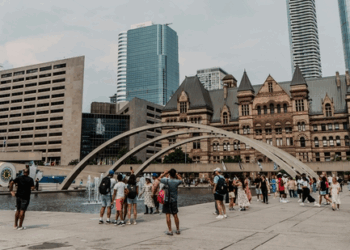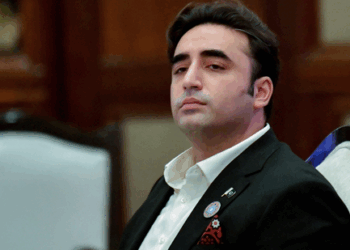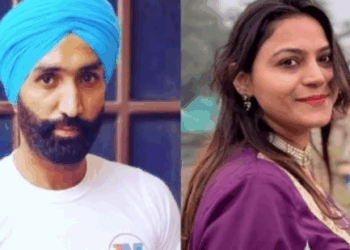The newly appointed Chief Justice of India (CJI), Sanjiv Khanna, carries a family legacy that resonates deeply in India’s judicial history. His uncle, the celebrated Justice Hans Raj Khanna, was a towering figure in the Supreme Court during the 1970s, known not only for his legal acumen but also for his unwavering commitment to justice, which nearly saw him become the Chief Justice of India.
Justice HR Khanna is perhaps best remembered for his dissenting opinion during the infamous 1976 ADM Jabalpur v. Shiv Kant Shukla case, also known as the Habeas Corpus case, delivered during the Emergency imposed by then-Prime Minister Indira Gandhi. In a controversial ruling, the majority on the bench decided that the right to life and personal liberty could be suspended during the Emergency. However, Justice HR Khanna stood alone in his dissent, asserting that even during a national crisis, these fundamental rights could not be denied. This landmark dissent is widely celebrated in Indian legal history as a courageous stand for democracy and constitutional integrity.
In the aftermath, Justice Khanna was in line to become Chief Justice of India based on seniority. However, his principled stance is believed to have cost him the position, as he was superseded by a judge junior to him. Despite the setback, his legacy endured, becoming a symbol of judicial independence.
Now, as his nephew Sanjiv Khanna ascends to the position of Chief Justice, many see this as a fitting continuation of the Khanna family’s dedication to the judiciary. Justice Sanjiv Khanna, who took office as the CJI in 2024, is often praised for his progressive judgments and commitment to upholding the Constitution. This familial thread underscores a remarkable continuity in India’s judicial landscape, reminding many of the profound sacrifices made to preserve the independence of the judiciary.








 India
India












